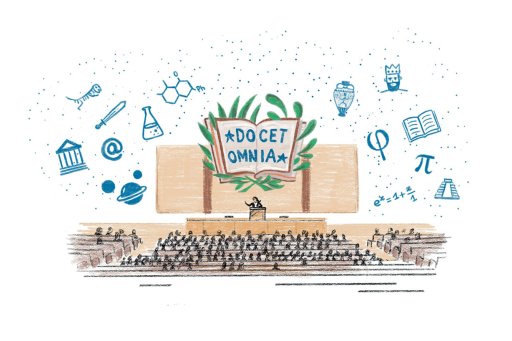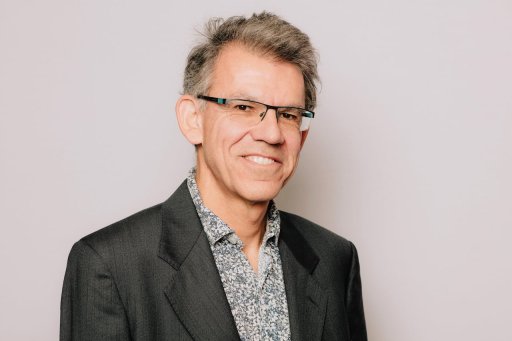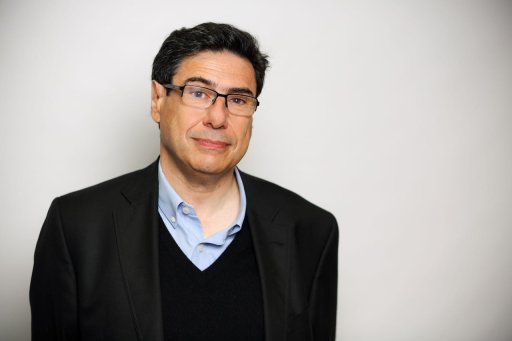Avenir Commun Durable, true to its original mission, supports the Collège de France in its research activities. In 2024, following a call for projects, the initiative has decided to support three ambitious projects. One of them is entitled " Regards croisés sur l'eau atmosphérique ".
Atmospheric water, in the form of vapour, liquid water droplets and ice crystals, plays a major role in the physics of the atmosphere and climate. Alongside other forms of water, it is the main vector through which we perceive the effects of climate change. Research into planetary boundaries reveals that the Earth's natural cycles have been severely disrupted, affecting not only climate and biodiversity, but also major chemical and water cycles.
Contrary to appearances, the control of atmospheric water is an ancient issue. A glance at the past reveals that for a large part of its history, the Mediterranean world has known laws and practices relating to atmospheric water and its control in its various forms. Perceived sometimes as a resource, sometimes as a danger, its capture or control via ritual powers has been the object of great interest. While these preoccupations are based on a cosmology in which religious conceptions play a predominant role, and are today far removed from modern Western legal structures, they treat atmospheric water as a subject in its own right, reserving for it a specific category of thought and a specific legal framework.
Paradoxically, contemporary international law and many domestic legal systems largely ignore atmospheric water. Its status, management and protection are largely unregulated. In international law, atmospheric water is only covered by the rare instruments relating to environmental manipulations.
Yet this issue is of crucial importance. Fog water harvesting and cloud seeding have become subjects of major interest in the context of climate change adaptation. Climate change is exacerbating water shortages, drying out vegetation and lowering river levels in many parts of the world.
The present research project therefore aims to fill this gap in international law, exploring perceptions and regulations of atmospheric water across history and different cultural systems, as well as contextualizing this contemporary epistemological gap. This resolutely multi-disciplinary study, combining international law, ethnography, history and theology, will engage in in-depth reflection on the means of ensuring sustainable and equitable management of atmospheric water.
The project is led by Thomas Römer, professor at the Collège de France, and Laurence Boisson de Chazournes, professor at the University of Geneva and former holder of the Avenir Commun Durable chair.
The Avenir Commun Durable initiative is supported by the Collège de France Foundation, its patrons FORVIA and Saint-Gobain, and its major sponsors La Fondation Covéa and TotalEnergies.











